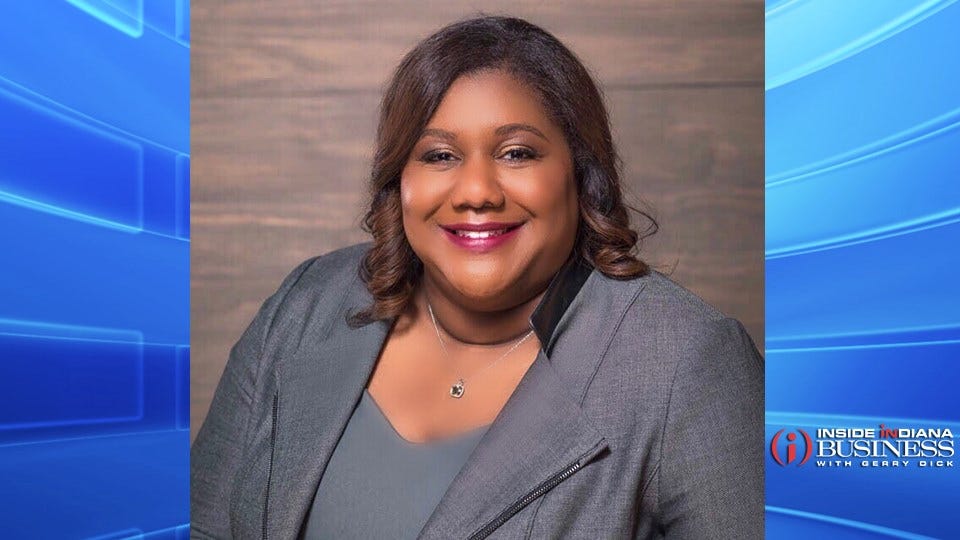How to Keep Up with Preventive Care During the COVID-19 Pandemic

Subscriber Benefit
As a subscriber you can listen to articles at work, in the car, or while you work out. Subscribe NowAll of our attention is understandably drawn to the COVID-19 crisis; however, we need to remember that other illnesses that threaten our health have not gone away. We’re still at risk of serious issues like heart disease or cancer, and we shouldn’t lose sight of that during the pandemic.
At CareSource, a multi-state health plan, we recognize the importance of keeping up with preventive care, or the care you receive to prevent illnesses, like immunizations and regular health screenings. People should still continue to make this a priority. Your risks for COVID-19 and other health concerns depends on several factors, including your age and other medical conditions. Your specific preventive health plan should be made in consultation with your provider.
There are several different factors that play into whether or not you need to visit a doctor’s office right now. At CareSource, we created the following tips to keep up with important preventive care visits, while also keeping yourself as safe as possible.
Assess your risk
If you’re considering attending an in-person preventive visit, have a conversation with your provider first to determine your risk and find out what precautions their office is taking. Ask your provider what their current policy is on preventive visits. Most likely, the answer they give to a 25-year old will be very different from a 55-year old. If you’re older or if you have preexisting health conditions or a compromised immune system, it may be prudent to delay your visit.
Turn to technology
If you are in a higher risk category for an in-person visit, you can utilize the different means of technology that many health care professionals have turned to during this time. Telehealth and telemedicine are great avenues to use for help with mental health issues, like depression or anxiety. Speaking with your provider over video chat to receive education, advice and counseling can serve as a solution if you can’t keep up with your visits in person. This is especially relevant now during the pandemic, as most health care providers are now offering telehealth services. For example, CareSource now has a resource called MYidealDOCTOR, a 24/7 telemedicine solution for our members.
Visit freestanding labs
During this time, you can still get tested for conditions like diabetes, high cholesterol levels or thyroid problems. Your provider can send an order for a test to be conducted at a freestanding lab, or an outpatient center that is separate from a hospital. There tends to be less traffic at these freestanding labs, limiting your exposure to other people during your testing process. You can also easily schedule your visits online and check wait times.
Keep up with OB/GYN checkups, dentist visits and eye exams if you are presenting problematic symptoms. If not, consider postponing
The American Cancer Society recommends holding off on your annual mammogram screening or pap smear, unless you are exhibiting signs that are concerning for something as serious as cancer. If you are showing symptoms that something is wrong, or if you have a family history of cancer or previous abnormal pap smears, you may need to visit your provider for an in-person test in order to treat a potential illness as early as possible.
I’d also recommend holding off on routine cleanings at the dentist’s office. However, if you experience an emergency like sudden bleeding or intense tooth pain, you should visit your dentist. The same goes for eye exams. If you’re younger than 50 years old, and you’re visiting your eye doctor for an annual checkup, this can be postponed. Conversely, if you’re older or experiencing a serious eye disease or injury, you should contact your eye provider for advice.
It can be difficult to assess whether or not something constituents as an “emergency” during this time. You should try to get in touch with your provider prior to your visit to determine if you need to be seen.
Maintain children’s immunization schedule
It’s critical to keep up with children’s regular vaccination schedules and Well Child Visits. This prevents them from experiencing other life-threatening illnesses, like the measles, mumps or polio. According to the Centers for Disease Control and Prevention (CDC), delaying vaccines could leave your child vulnerable to disease when they’re most likely to have serious complications.
Therefore, children should still be immunized on the CDC’s recommended schedule, and this should not be put off. According to the CDC, regular vaccines protect children from 14 potentially serious diseases before their second birthday. Vaccinating children on time not only protects them but also anyone around them with a weakened immune system.
Learn how your provider is keeping the office safe
If you’re nervous to visit your provider with your young child, find out the steps your doctor is taking to keep everyone safe. Health care providers are all utilizing personal protective equipment like masks and gloves. They’re also enforcing strict hand washing rules and maintaining six feet of distance between patients. Although doctor’s offices were already carefully sanitized before the COVID-19 pandemic, they’re taking additional measures to deep clean between patients. Providers are doing everything they can to minimize risk.
Continue to do your part
You can also help in keeping preventive visits as safe as possible by wearing a mask, maintaining six feet of distance between other patients, and washing your hands with warm water and soap for at least 30 seconds. You should also ask yourself if it’s truly critical for you to be seen by your provider. If not, that saves your doctor from unnecessary exposure and allows them to care for higher-risk patients.
